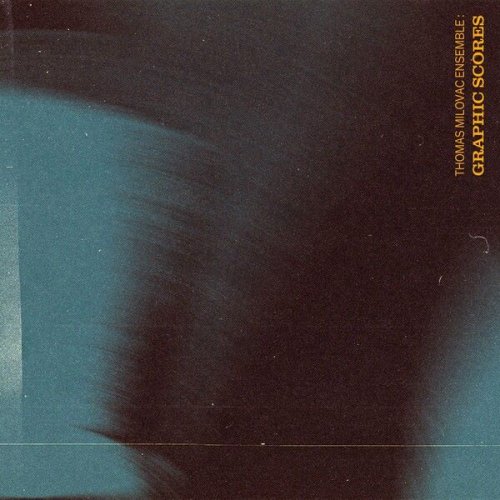Michele Di Toro, Yuri Goloubev - Duonomics (2019)
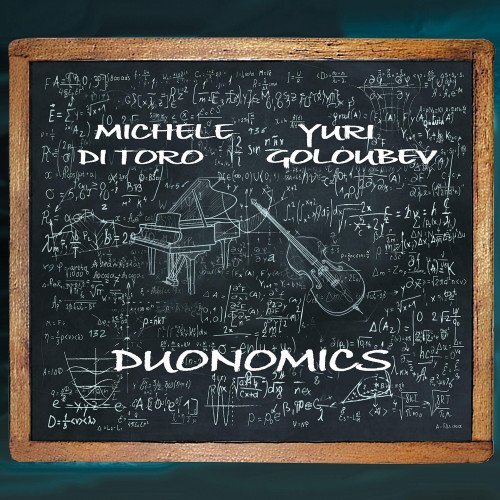
Artist: Michele Di Toro, Yuri Goloubev
Title: Duonomics
Year Of Release: 2019
Label: Caligola
Genre: Jazz
Quality: FLAC (tracks)
Total Time: 1:07:48
Total Size: 257 MB
WebSite: Album Preview
Tracklist:Title: Duonomics
Year Of Release: 2019
Label: Caligola
Genre: Jazz
Quality: FLAC (tracks)
Total Time: 1:07:48
Total Size: 257 MB
WebSite: Album Preview
1. Gentle Rain (L. Bonfa) 7:47
2. B Minor Waltz (B. Evans) 6:06
3. If I Should Lose You (R. Rainger) 7:32
4. You Don't Know What Love Is (G. De Paul) 7:58
5. Nocturnal (M. Di Toro) 2:01
6. What Are You Doing The Rest Of Your Life (M. Legrand) 11:08
7. ShwinGer (Y. Goloubev) 5:55
8. For All We Know (J. Fred Coots) 5:04
9. Darn That Dream (J. Van Heusen) 8:55
10. Like A Lover (D. Caymmi, N. Motta) 5:17
The musical partnership between Michele Di Toro and Yuri Goloubev, two musicians of the same age with solid classical studies behind them, dates back to 2005, when the Russian double–bass player joined the trio of the pianist from Abruzzo, a band that is still active today, together with Marco Zanoli on drums. Some successful records – the most recent is «Play» (Abeat 2014) – and many concerts, not only in Italy, testify to the original style and the extraordinary cohesion achieved.
It seemed natural for Goloubev and Di Toro to choose the duo, a lineup that is full both of suggestions and of pitfalls; and when the opportunity came, they didn’t miss it. The long association and a common way of understanding jazz made everything easier: the magnificent results achieved are the tangible proof. Two days in the recording studio were more than enough.
Music for music, without too much mediation, pure joy of improvising and a natural predisposition to melody: this is how the traps of a too conceptual and abstract approach were avoided. And this is the simple recipe that makes «Duonomics» a profound, intimate and at the same time extremely enjoyable work. Di Toro and Goloubev – who published «Titanic for a Bike» for our label in 2011 – seem very inspired and perform with admirable interplay, constantly exchanging the role of soloist and accompanist, to the point that it is often difficult to understand who is really leading the game. The decision of not using separate rooms while recording, as is usually done in studio, and even giving up headphones, as in an unplugged concert, particularly helped achieving this result.
The choice of repertoire is accurate, with many standards little practiced by jazz musicians and two original pieces: the first, Nocturnal, is a short prologue to the amazing piece by Legrand, the second, ShwinGer, a heartfelt tribute to Gershwin, also in the title which flips the syllables. After the final Like a Lover there is no weariness, indeed, one would even like the record to continue. We just have to wait for its sequel.
It seemed natural for Goloubev and Di Toro to choose the duo, a lineup that is full both of suggestions and of pitfalls; and when the opportunity came, they didn’t miss it. The long association and a common way of understanding jazz made everything easier: the magnificent results achieved are the tangible proof. Two days in the recording studio were more than enough.
Music for music, without too much mediation, pure joy of improvising and a natural predisposition to melody: this is how the traps of a too conceptual and abstract approach were avoided. And this is the simple recipe that makes «Duonomics» a profound, intimate and at the same time extremely enjoyable work. Di Toro and Goloubev – who published «Titanic for a Bike» for our label in 2011 – seem very inspired and perform with admirable interplay, constantly exchanging the role of soloist and accompanist, to the point that it is often difficult to understand who is really leading the game. The decision of not using separate rooms while recording, as is usually done in studio, and even giving up headphones, as in an unplugged concert, particularly helped achieving this result.
The choice of repertoire is accurate, with many standards little practiced by jazz musicians and two original pieces: the first, Nocturnal, is a short prologue to the amazing piece by Legrand, the second, ShwinGer, a heartfelt tribute to Gershwin, also in the title which flips the syllables. After the final Like a Lover there is no weariness, indeed, one would even like the record to continue. We just have to wait for its sequel.
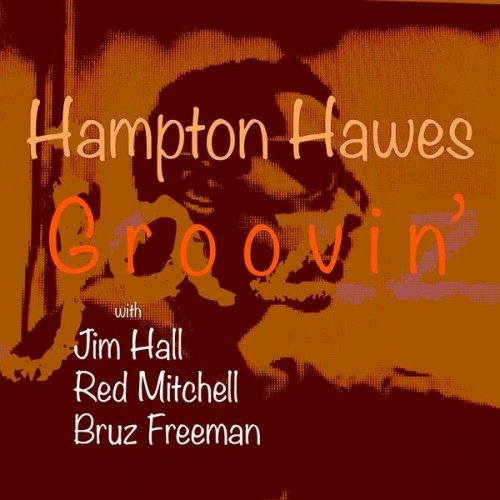


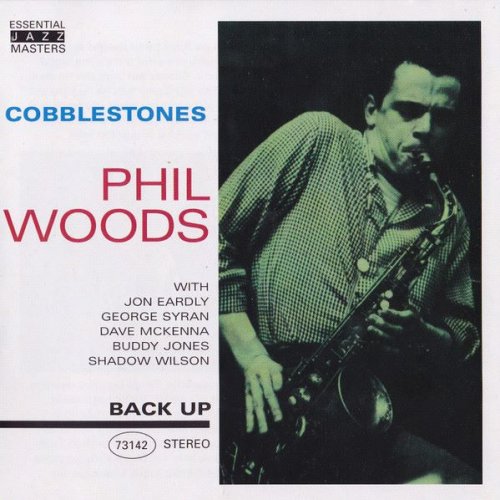
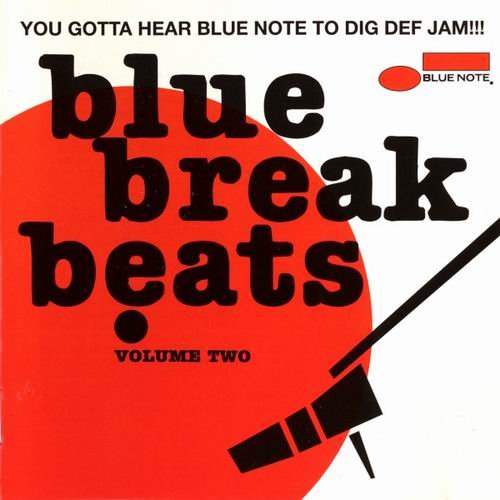

![Alexa Torres - In Situ (2024) [Hi-Res] Alexa Torres - In Situ (2024) [Hi-Res]](https://www.dibpic.com/uploads/posts/2024-06/1718302772_1280x1280.jpg)
![Mezzoforte - Volcanic (2010) [Hi-Res] Mezzoforte - Volcanic (2010) [Hi-Res]](https://www.dibpic.com/uploads/posts/2019-12/1577324874_folder.jpg)
